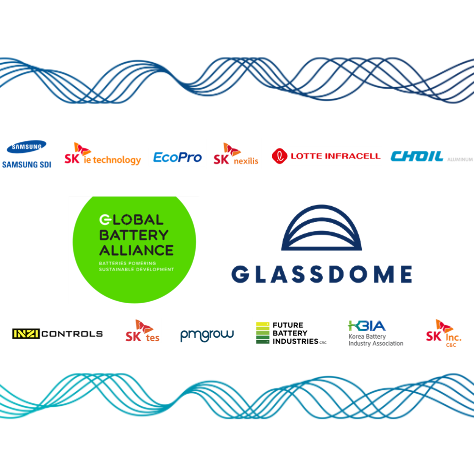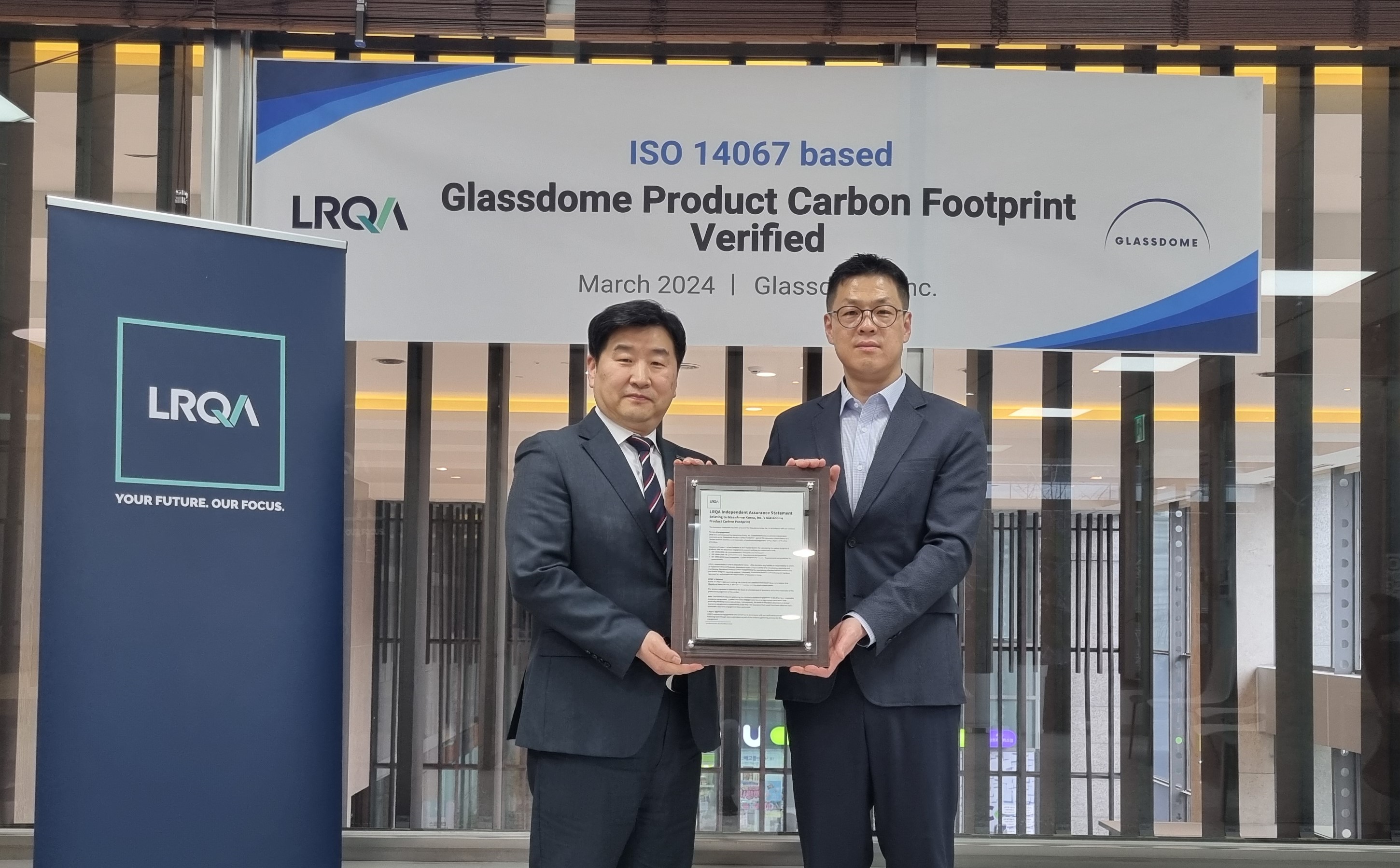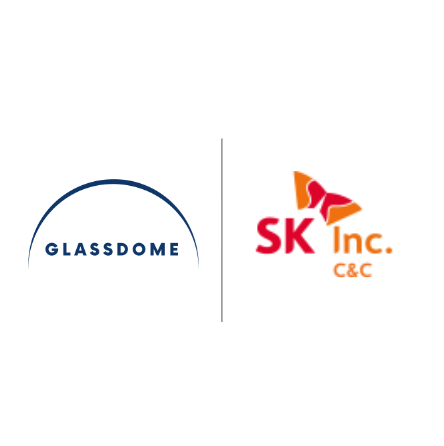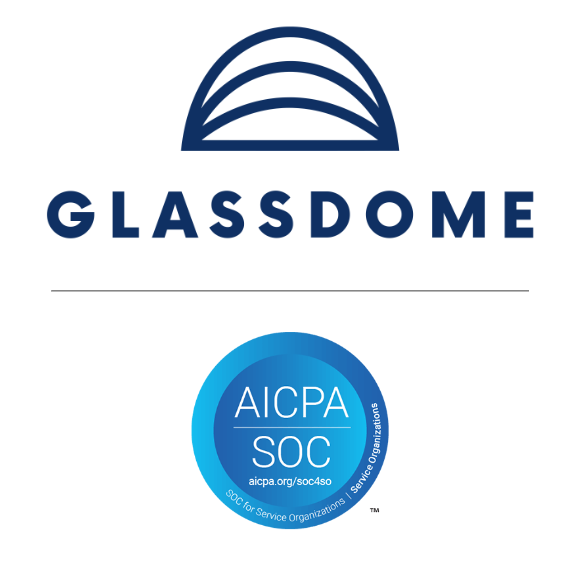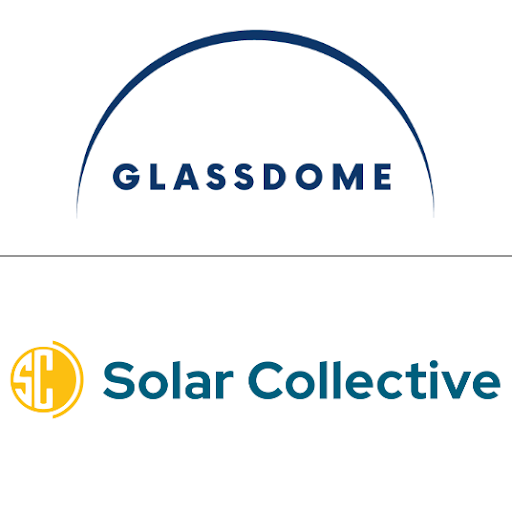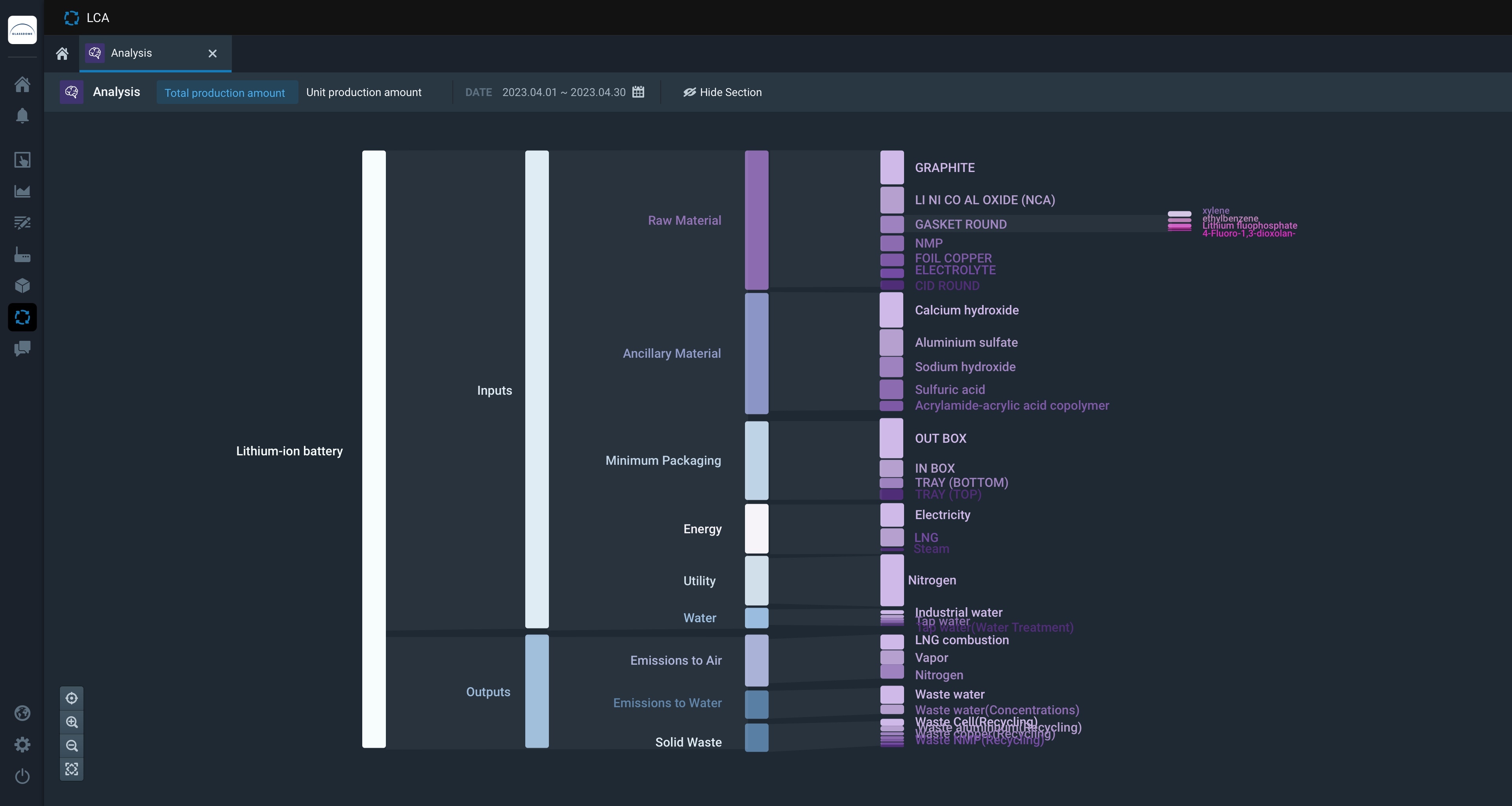- Glassdome helps manufacturing companies respond to global environmental regulations with digital transformation and product carbon footprint (PCF) solutions
- Lotte Aluminium and Choil Aluminum have an LCA-based total carbon emissions management system that goes beyond EU CBAM compliance
- Korea’s first application of a ‘Carbon Emissions Management Platform’ that simultaneously supports EU CBAM and battery regulation compliance
- Platform enables calculation of raw material supplier carbon emissions (Scope 3) and creates product-level carbon footprint management system
Seoul, South Korea (Feb 5, 2024) - Glassdome, a company specializing in carbon emissions data management solutions, has partnered with SK C&C (CEO Yoon Poong-young) to develop the "Digital Carbon Passport platform" for Lotte Aluminium Co., Ltd., (CEO Choi Yeon-soo) and Choil Aluminum Co., Ltd., (CEOs Lee Young-ho and Seong Won-mo). This significant collaboration was announced on February 5th.
This project is a proactive response to new climate change and greenhouse gas reduction regulations, particularly those in the European Union (EU) and the United States. It is specifically designed to address the EU Carbon Border Adjustment Mechanism (CBAM) and create a competitive edge in carbon emissions compliance.
The Digital Carbon Passport initiative aims to establish a robust platform rooted in Life Cycle Assessment (LCA) methodology, meticulously assessing the entire carbon footprint throughout a product's lifecycle. It is also a preemptive measure designed to align with new EU battery regulations set to take effect in February 2025.
This is a groundbreaking achievement within South Korea, as the first-ever deployment of a carbon emissions management platform designed to seamlessly ensure compliance with both the EU Carbon Border Adjustment Mechanism (CBAM) and battery regulations.
Lotte Aluminium is a materials company specializing in the production of aluminum foil tailored to meet the capacity and voltage requirements of secondary batteries. Choil Aluminum is a supplier of the raw materials essential for the production of aluminum foil for Lotte Aluminium. These two companies are part of the global secondary battery supply chain and are subject to EU CBAM and EU battery regulations.
The Digital Carbon Passport platform introduced to Lotte Aluminium and Choil Aluminum is designed to gather and analyze all carbon emissions data. Many carbon footprint initiatives only cover Scope 1 and 2, which include direct and indirect emissions originating from product production processes. The Digital Carbon Passport includes Scope 3, which encompasses emissions stemming from raw material suppliers.
As a result, both companies have achieved a groundbreaking industry milestone by establishing a comprehensive product-level carbon footprint management system.
The Digital Carbon Passport platform adheres to the ISO 14067 international standard and serves as a tool to streamline the compulsory reporting of carbon emissions in accordance with the European Union's Carbon Border Adjustment Mechanism (CBAM). CBAM imposes tariffs on carbon emissions associated with six major product categories, such as steel and aluminum. It goes beyond merely accounting for carbon emissions generated during the production process; it also supports comprehensive life cycle assessments, quantifying and evaluating the environmental impact throughout the entire product life cycle.
Glassdome has the world's first technology to manage the carbon footprint life cycle of products based on primary data. Distinguishing itself from alternative solutions in the market, which often rely on users manually inputting carbon emissions data based on default or average values from public sources, Glassdome's approach utilizes real data. This methodology significantly reduces the risk of potential overestimation of carbon emissions, which could result in penalties or uncertified reports. Glassdome uses a real-time data collection and analysis approach to safeguard the confidentiality of sensitive information. This process efficiently converts the data into carbon emissions metrics and transmits only this processed information, ensuring both accuracy and security.
Seungmin Lee, the Head of the ESG Strategy Division at Lotte Aluminium, said, "We have entered into this agreement with a proactive commitment to comply with the carbon-related regulations set forth by the EU. With the implementation of this contract, we have successfully obtained precise and trustworthy carbon emissions data, gathered in real-time from every stage of our processes. I am eager to embrace this opportunity as it paves the way for us to not only reduce our carbon footprint but also enhance our competitiveness by introducing eco-friendly technologies."
Seong-hoon Jeong, Head of the R&D Center at Choil Aluminum, expressed, "Through this contract, we have acquired a robust carbon emission management platform, aligning perfectly with the carbon neutralization requirements of our secondary battery customers, who are investing in the EU and US markets." He further emphasized, "By effectively addressing key global carbon neutralization initiatives, including the Carbon Border Adjustment System (CBAM) and Life Cycle Assessment (LCA), we have solidified our position as an environmentally-conscious battery materials company. We are also fully prepared to comply with additional carbon management regulations such as PCF (Carbon Footprint) and DBP (Digital Battery Passport), reinforcing our commitment to sustainability."
Jinki Ham, Head of Glassdome Korea, emphasized, "A substantial portion, ranging from 60% to 90%, of product carbon emissions falls within the Scope 3 category. Accurate carbon emissions data from our manufacturing partners is crucial for an exact evaluation of the entire supply chain's carbon footprint and for formulating effective long-term carbon reduction strategies." He continued, "We've established a comprehensive framework for the systematic collection and management of carbon emissions data from the partner suppliers of Lotte Aluminium such as Choil Aluminum. We will commit to collaborating closely to facilitate substantial carbon reductions within each company, setting the stage for sustainable business operations."




